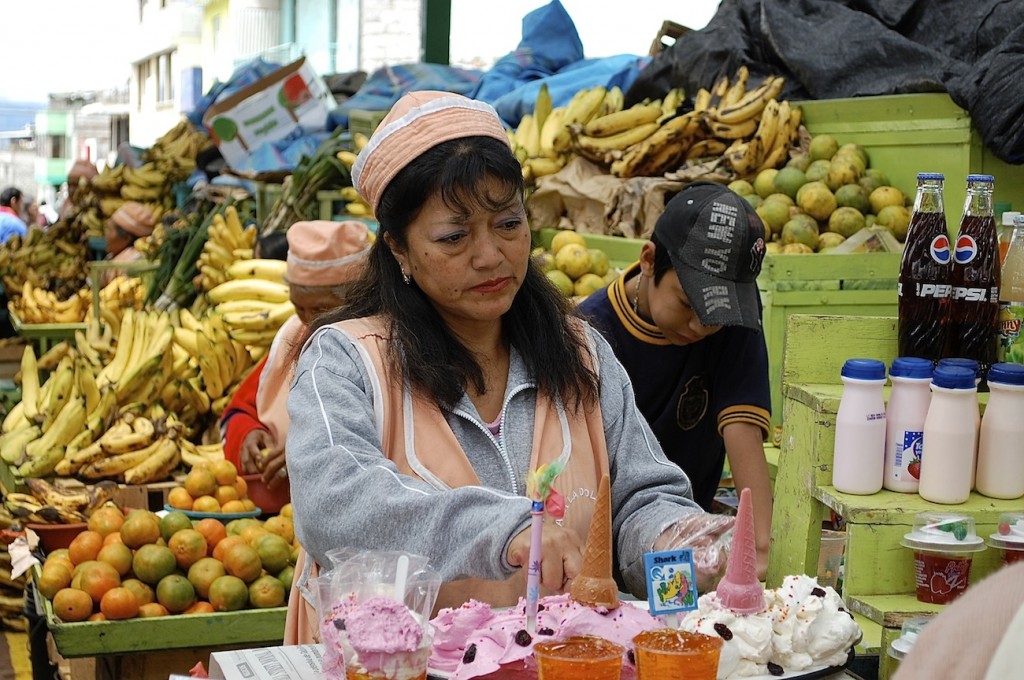Profit is not a dirty word. Sustainability is an all too often over used word that is rarely linked to the word profit. Yet the two go hand in hand and when it comes to social franchising their link is imperative: without one you cannot hope to have the other.
Why is this so? Because aid as we have known it is changing and the handouts are starting to dwindle as we come to realize that aid is not sustainable. What is sustainable is profit. Profit creates the opportunity for an enterprising doctor to effectively run a clinic so that in due course the clinic becomes financially viable; providing a fair return to the doctor to live off the proceeds of their efforts while serving the health needs of underserviced populations who are willing and able to pay modest fees for good healthcare services and products. Why are people agreeable to paying for health care? Because they already do. Fully 80% of health care services and products are paid out of pocket worldwide. This fact exists in part because governments often fail to provide quality health care particularly in struggling states like Honduras.
Recently, I had the great fortune to make a trip to Guatemala to join an amazingly stellar group of healthcare professionals who work with PSI in Latin America and the Caribbean. The purpose of the meeting was to explore the possibilities of social franchising with respect to reproductive health care clinics for women. The meeting was facilitated by two brilliant fellows Dan and Greg from the International Centre for Social Franchising.
As an entrepreneur, I greatly appreciate the potential for creating jobs while providing important services and products that garnish profits for those entrepreneurs. As a philanthropist, dedicated to improving the lives and futures of women and girls globally including their access to quality reproductive health care: helping to proliferate access to clinics is in my view; a social justice and human rights imperative. Through philanthrocapitalism there is an opportunity to marry the idea of business and profitability with social good.
So we explored as a group; these wonderful doctors who happen to be OB/GYN specialists as well as nurse practitioners and marketing professionals how we could create a “business in a box”; a social franchising model that could be replicated throughout the region and beyond. At the end of the workshop we decided that the first social franchise would be in Honduras a country that has the sad reputation of being the most violent place on earth that is not a war zone.
Honduras is a country that lacks infrastructure including proper access to reproductive health care and has high rates of young teen pregnancy. I have dedicated a gift to pilot clinics in some of the poorest and most underserviced neighbourhoods in Honduras over the next few years. By carefully building the first clinic with a social franchising model we hope to empower women doctors through the creation of jobs applying the business in a box model to serve other women who seek the knowledge and tools to control their reproductive health; choosing how and when and how often they become pregnant and thereby positively influencing their lives and futures of their children. If profit helps women access reproductive health then the model of social franchising is definitely worth pursuing.



